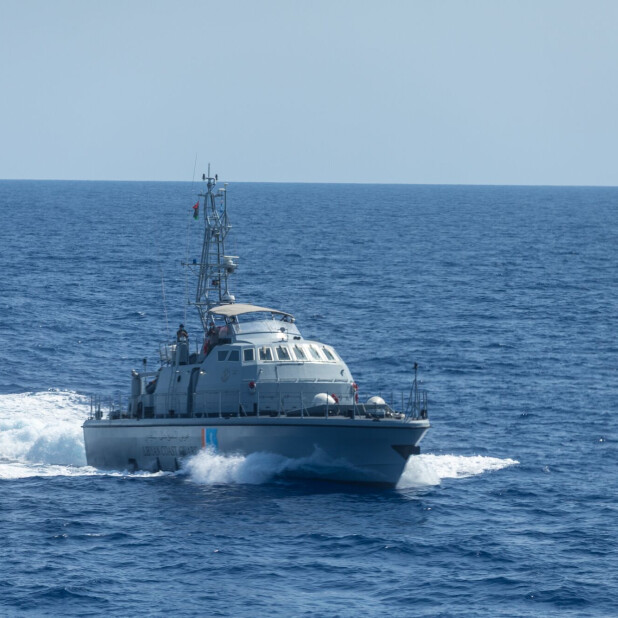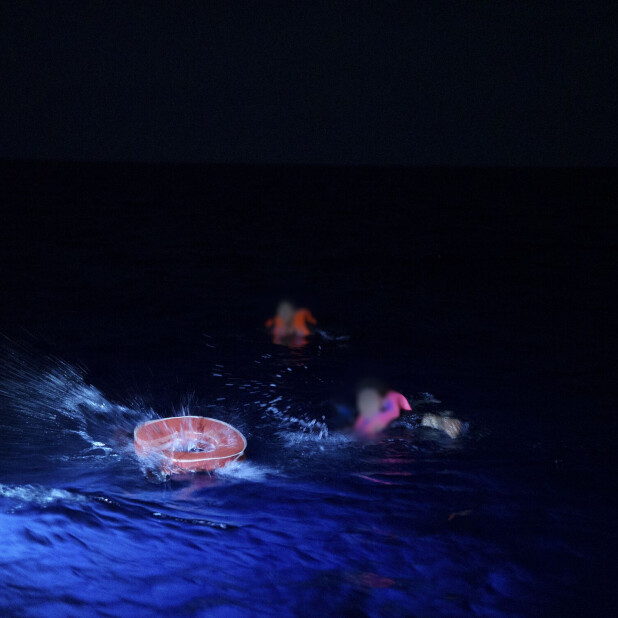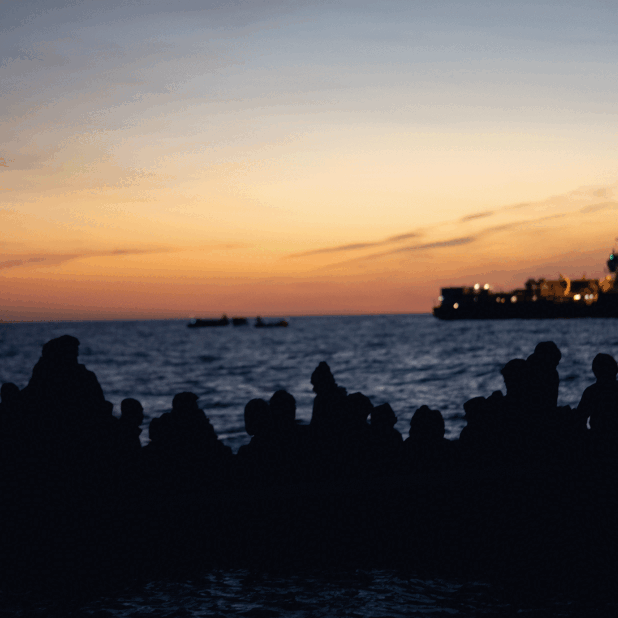
After nearly a decade of rescuing people in distress at sea, saving more than 42,000 lives, SOS MEDITERRANEE is expanding its impact beyond its own operations. We now share our critical lifesaving expertise through the creation of a dedicated external training and outreach department.
With outreach activities, we can save many more lives by reaching a wider audience,
Through external trainings, SOS MEDITERRANEE is now passing on its field-based knowledge, delivering specialized Mass Rescue Operation (MRO) training to a variety of stakeholders from search and rescue (SAR) organizations and maritime academies, rescue services of private or public sector.
Unless you face these events regularly, it’s extremely difficult to learn how to respond effectively. In our operational context, we've had to conduct many MROs and over time, we’ve built up a substantial body of knowledge that we’re now ready to share,
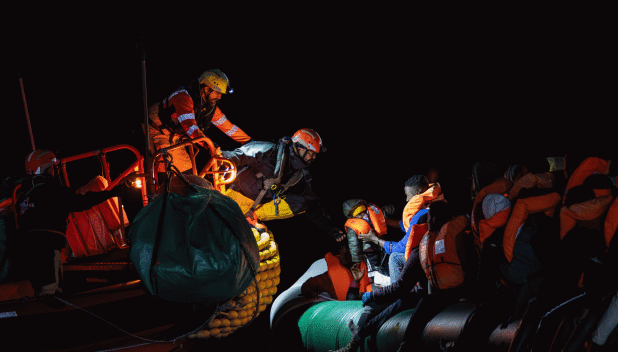
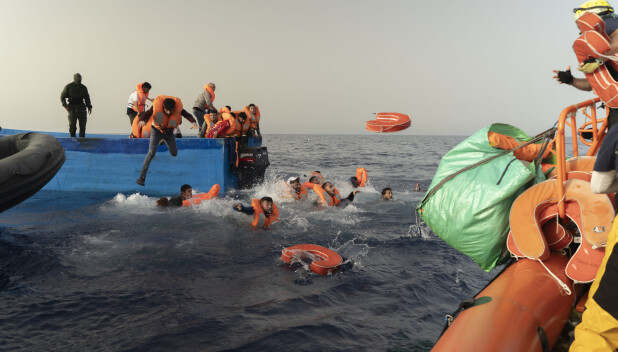
From experience to expertise: developing a competency-based training System (CoBT)
Since launching its SAR operations in early 2016, SOS MEDITERRANEE teams have carried out 445 rescue missions, assisting more than 42 451 lives in the central Mediterranean. During these missions, the crews identified critical gaps in existing maritime rescue training, particularly when it comes to managing large-scale emergencies involving overcrowded boats, shipwrecks, and extreme risks of drowning or crushing.
While standard training programs offered a starting point, they did not fully prepare crews for the high-stakes realities of mass rescues at sea. To Bridge this gap, SOS MEDITERRANEE developed a proprietary competency-based training system (CoBT) and a set of in-house tactics that are continuously refined based on operational experience. Over the years, our expertise has evolved, enabling us to establish specific modes of operation tailored to different types of boats, varying numbers of people on board, and changing sea conditions. Techniques such as the “first approach and first assessment” have been implemented to ensure rescue operations are carried out efficiently and safely.
Training that saves lives: at sea and beyond
The crews train regularly using these guidelines, which have proven effective in strengthening team cohesion, operational readiness, and mental resilience. Over the years, these SAR protocols have also helped shape best practices now adopted by other humanitarian maritime rescue NGOs.
Recognizing the potential to multiply impact, SOS MEDITERRANEE is now making its training program available to a wider audience. This outreach initiative carried out alongside the Ocean Viking’s mission extends the organization’s lifesaving reach through knowledge sharing and capacity building.
Examples of external training and outreach in action
SOS MEDITERRANEE has already delivered training sessions to a range of institutions, including numerous rescue NGOs operating in the Mediterranean, vessels transiting migration hotspots, airports, training centres including Atlantic Pacific Foundation, maritime academies.
At the time of writing more that 500 people have received trainings delivered to more than 30 institutions, with 124 rescue crew trained in sea going sessions. These collaborations demonstrate the growing recognition of the need for specialized MRO trainings across sectors that may one day become first responders in maritime emergencies.
While practical training and operational support remain critical, advocacy to advance international norms is equally essential. In this regard, SOS MEDITERRANEE has actively participated in international conferences across the globe, and one major achievement has been its recent contribution to the updated International Maritime Rescue Federation (IMRF)’s MRO Guidelines.

